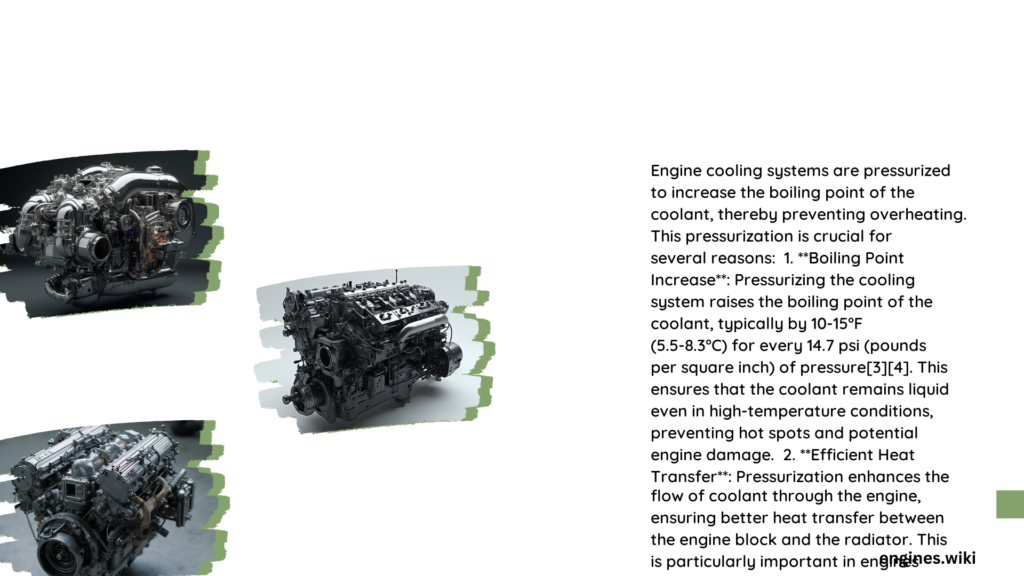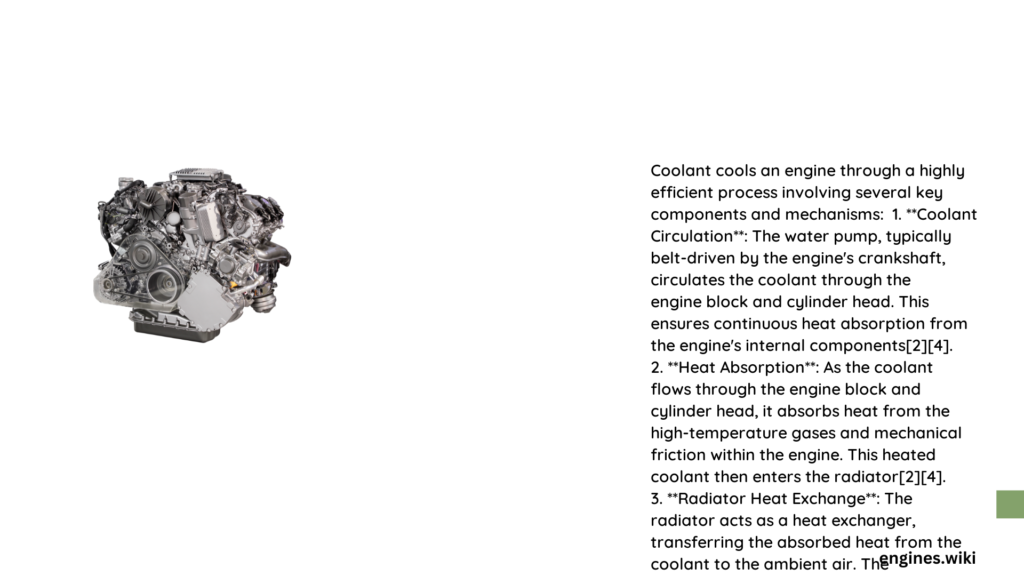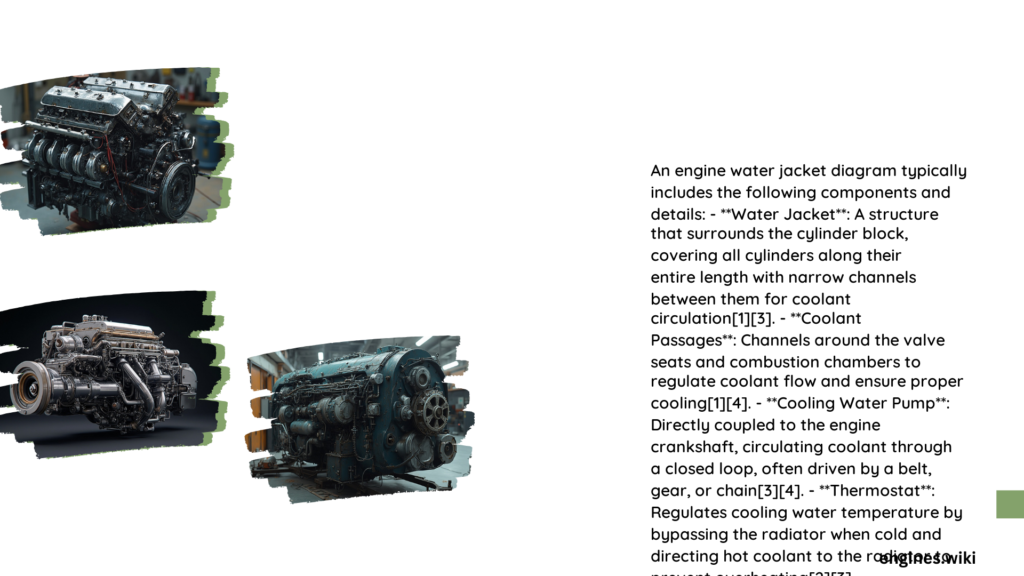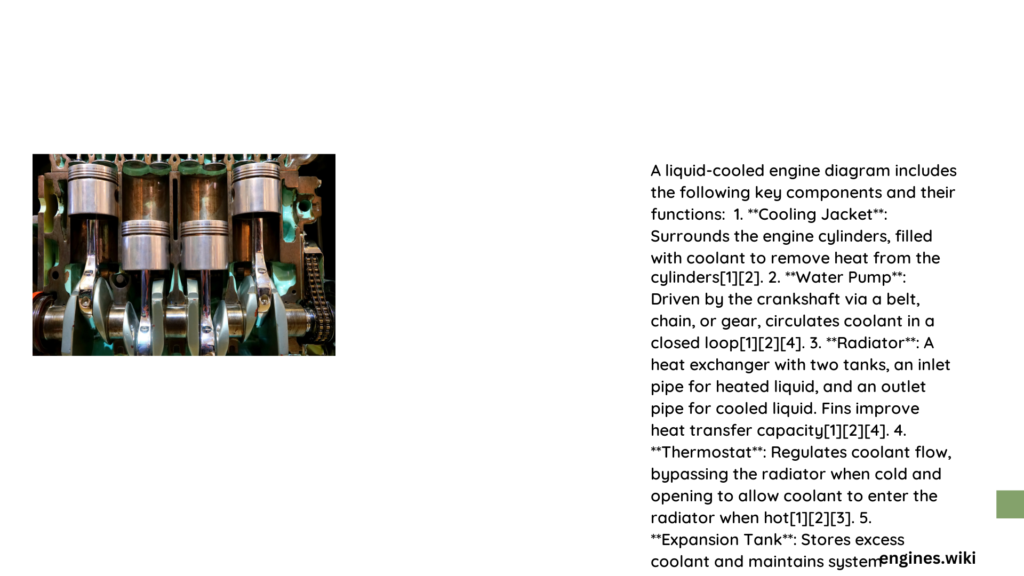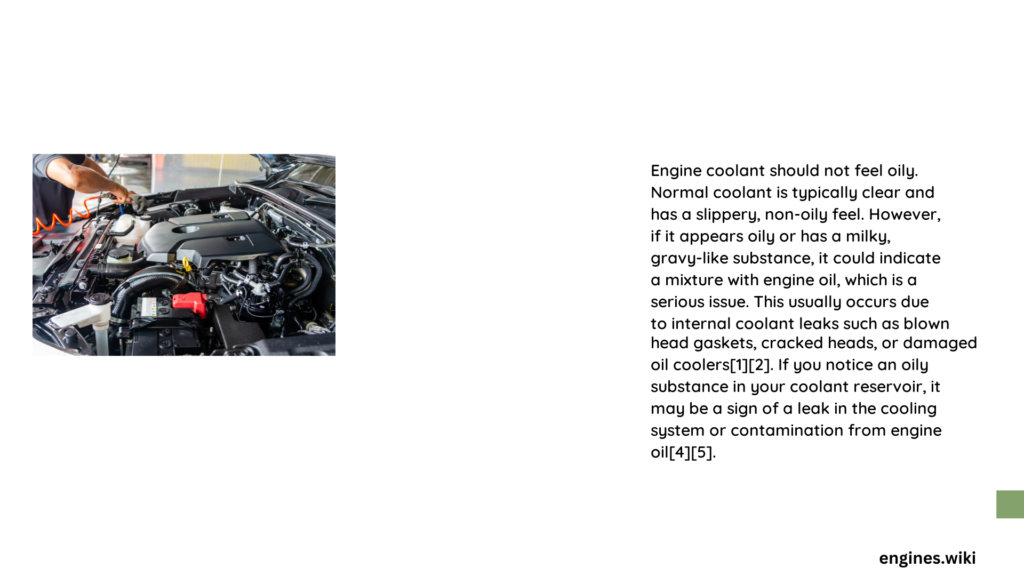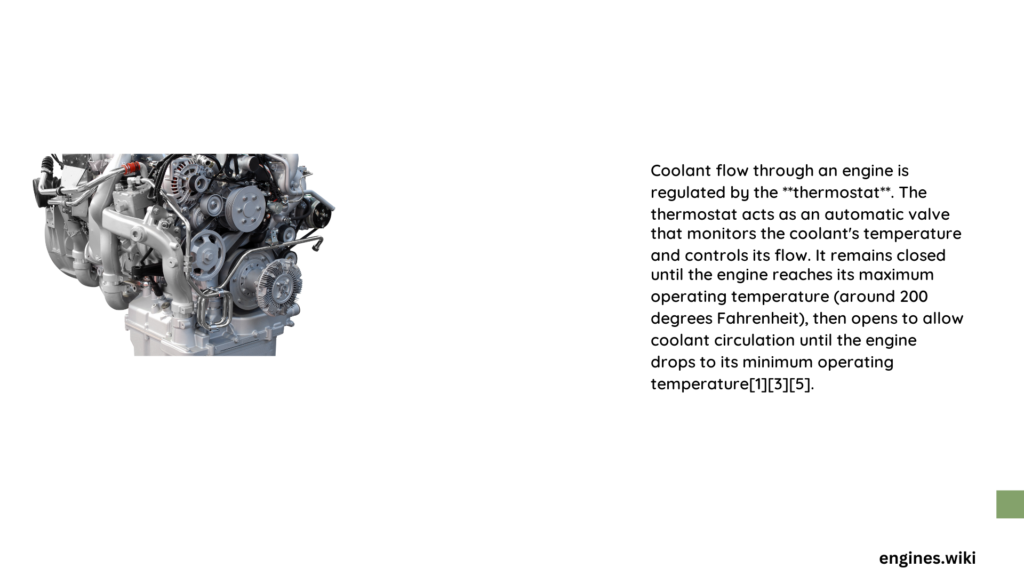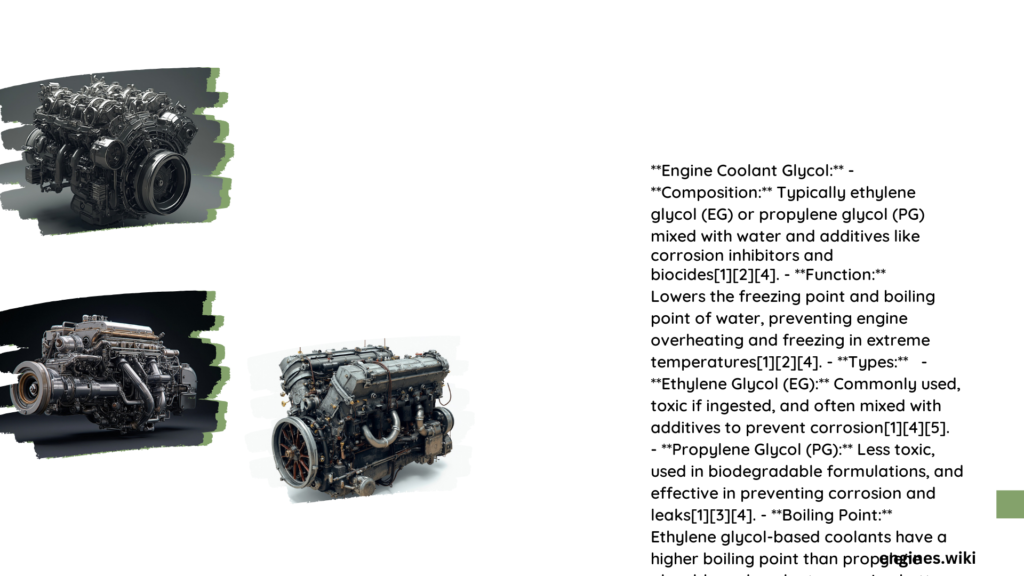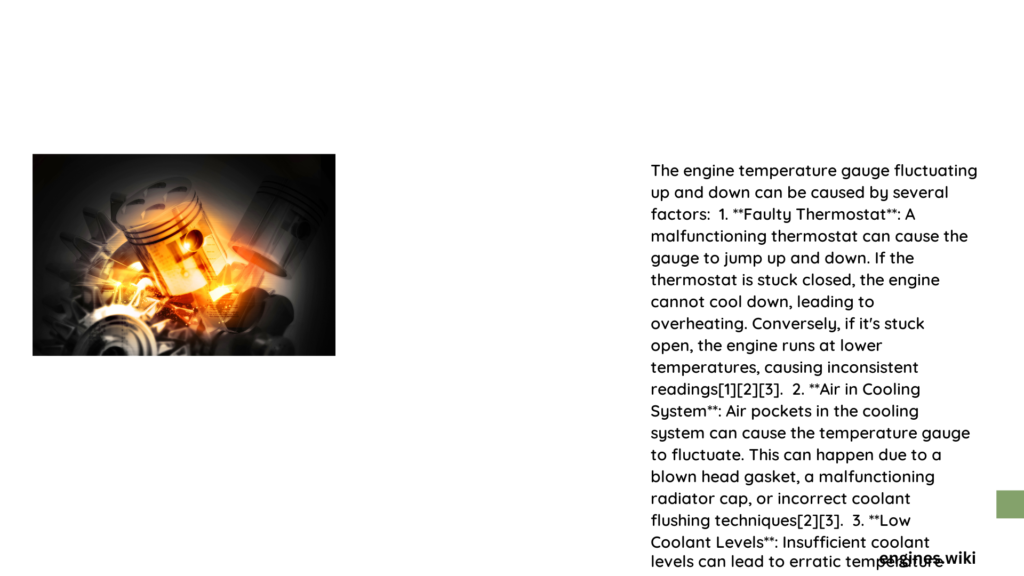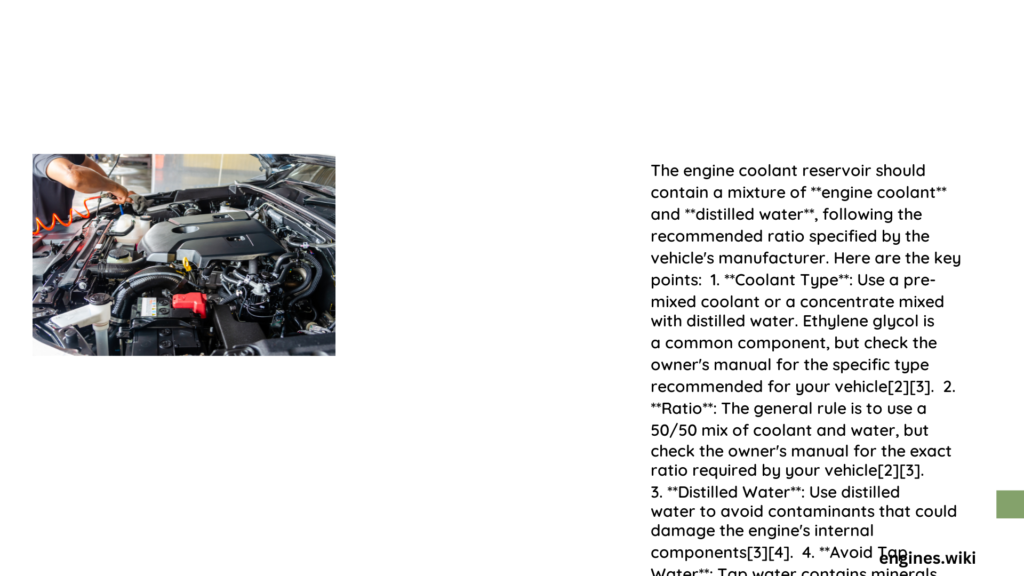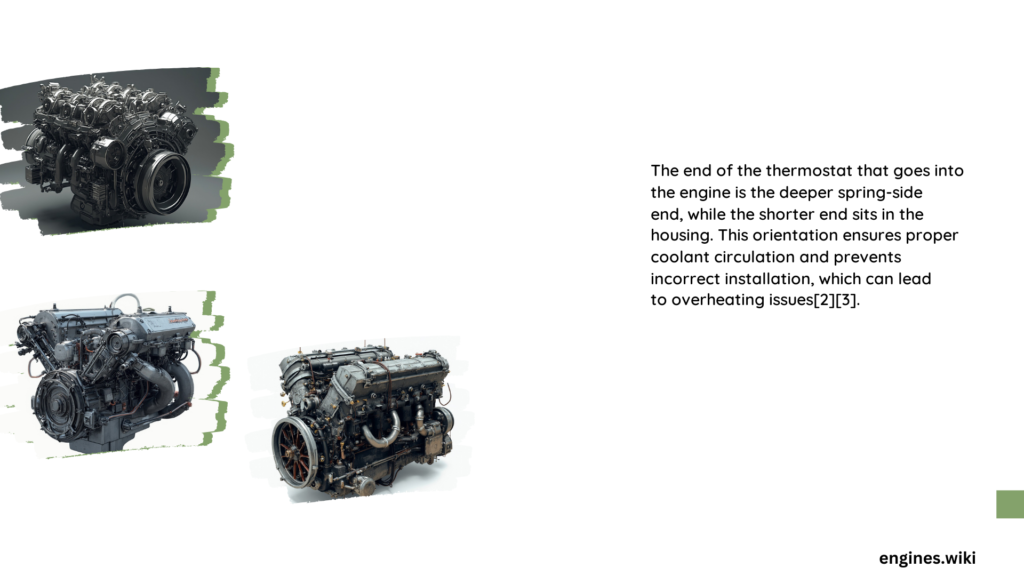Why Are Engine Cooling Systems Pressurized: The Critical Science Behind Thermal Management
Engine cooling systems are pressurized to dramatically enhance thermal performance and prevent potential mechanical failures. By increasing the coolant’s boiling point, managing thermal expansion, and ensuring consistent fluid circulation, pressurized cooling systems protect engines from overheating and maintain optimal operational temperatures across diverse driving conditions. ...
Read more
